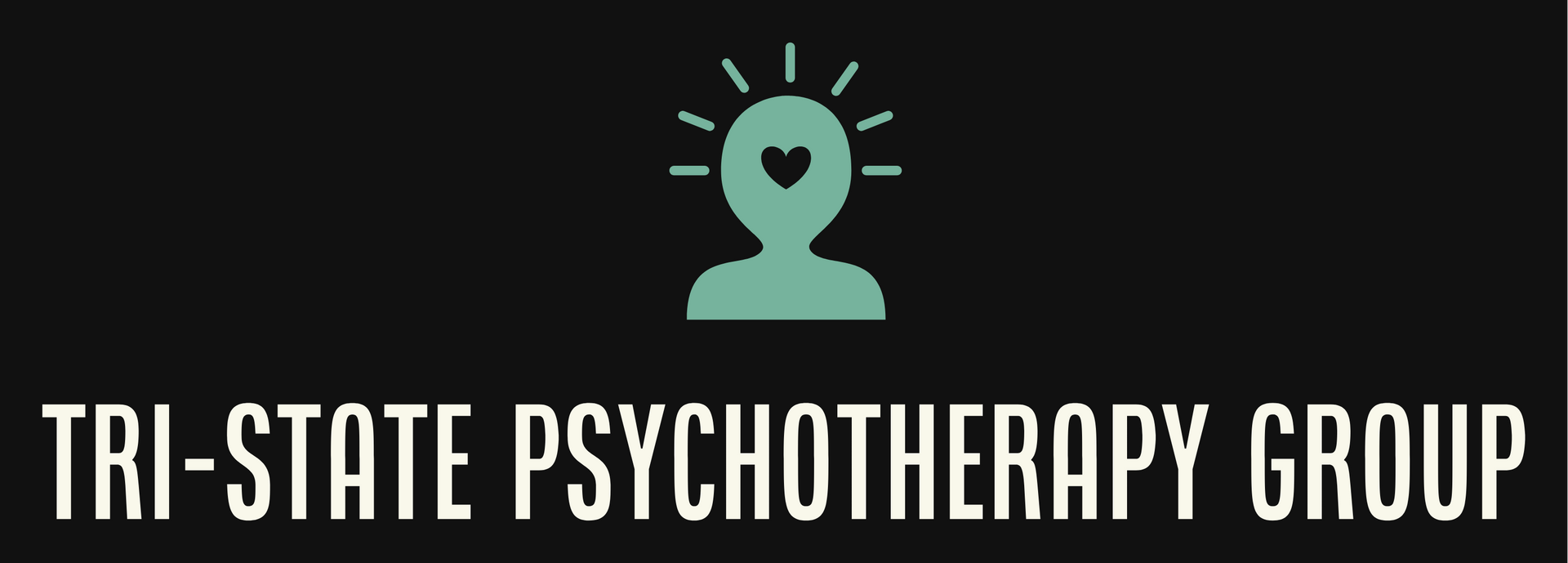The Many Faces of Depression: How Your Personality Shapes Your Experience

You sit across from a friend at lunch, watching them laugh and engage with the conversation while you nod along, your smile not quite reaching your eyes. Later, you'll hear someone describe them as "the life of the party, always so positive" – and you'll wonder how no one sees what you do: the subtle dimming of their light, the careful way they've constructed their joy. Meanwhile, another friend has withdrawn completely, their absence speaking volumes about their struggle. If you've ever wondered why depression looks so different from person to person – why some people crumble while others seem to function on autopilot – you're witnessing the complex interplay between personality and pain.
Let's talk about that disconnect for a moment. The one where depression is portrayed as a one-size-fits-all experience of tearfulness and withdrawal, yet somehow manifests as irritability in your usually patient partner, perfectionism in your typically laid-back colleague, or risk-taking in your ordinarily cautious friend. While depression certainly shares common threads – that persistent heaviness, the muting of joy, the exhaustion that seeps into your bones – the fabric it weaves through your life is uniquely colored by who you are at your core.
First, let's acknowledge something important: recognizing depression isn't always about spotting sadness. Sometimes, it's about noticing when someone's natural tendencies become amplified or distorted beyond recognition. The extrovert who once recharged through connection may now use socializing as a mask, filling their calendar to outrun the silence where their thoughts live. The introvert might push past healthy boundaries of solitude into isolation that deepens their disconnection. Depression doesn't create new personalities – it warps existing ones.
For the naturally analytical mind, depression often manifests as rumination that transforms healthy reflection into an inescapable maze of negative thoughts. These individuals might become obsessed with understanding "why" they feel this way, researching endlessly, creating spreadsheets of symptoms, or journaling compulsively – their typical problem-solving nature working overtime yet finding no solution. Their depression looks like thinking themselves in circles, intellectualizing emotions until they're too exhausted to feel them.
Meanwhile, the natural caretakers among us might find their depression wearing the disguise of martyrdom. They double down on taking care of everyone else while neglecting themselves entirely. Their depression doesn't look like asking for help – it looks like becoming the perfect parent, partner, or friend while internally collapsing. They measure their worth by what they give, so when depression whispers they're worthless, they respond by giving more, creating an unsustainable cycle that eventually breaks them.
The achievers face a different manifestation – depression that hides behind busyness and unprecedented productivity. When feelings of emptiness or worthlessness creep in, they might respond by working harder, setting impossible standards, or adding more accomplishments to their résumé. Their depression looks like burnout disguised as ambition, with success that feels increasingly hollow despite external validation.
For the naturally creative soul, depression might show up as either creative paralysis or frenetic expression. Some find their imagination – once a wellspring of joy – becomes inaccessible, colors fading to gray. Others create with desperate intensity, their art becoming darker, their output manic, as they try to externalize what's happening internally. Their depression looks like either a sudden abandonment of beloved hobbies or art that screams what they cannot say aloud.
The free spirits and sensation-seekers often experience depression through increasing risk-taking behaviors. Their usual enjoyment of new experiences becomes a desperate chase for any feeling at all. Their depression doesn't look like withdrawal – it looks like impulsivity, substance use, or adrenaline-seeking behaviors that help them temporarily escape the numbness. They run faster just to feel the wind on their skin when everything else has gone cold.
Connection is a powerful counterbalance to these personalized expressions of depression. When we understand how our personality shapes our experience, we can better articulate what we're feeling and seek help that actually addresses our needs. The analytical thinker might benefit from cognitive approaches that work with their thought patterns. The caretaker might need explicit permission and support to prioritize self-care. The achiever might require help redefining success beyond productivity.
And here's something that might create a paradigm shift: understanding how your personality influences your depression can transform treatment from a generic approach to a tailored journey. If therapy hasn't worked for you before, perhaps it wasn't the right fit for who you are at your core. Some thrive with straightforward cognitive techniques, others need creative expression integrated into their healing, while still others heal best through physical movement or social connection.
Remember that authenticity and struggle can coexist. You're not "faking" depression if it doesn't match the textbook definition, nor are you "not trying hard enough" if traditional approaches haven't helped. Your experience is valid precisely because it's filtered through the unique lens of who you are.
If you recognize aspects of your own experience in these descriptions, try this simple reflection: think about who you were before depression entered your life. What energized you? What were your natural tendencies? Now, consider how depression might be distorting those qualities rather than erasing them completely. This awareness itself can be the first step toward reclaiming your authentic self from depression's grip.
Depression is a complex visitor that adapts to its host, but understanding its personalized manifestations brings power back into your hands. By recognizing how it uniquely expresses through your personality, you can name it more accurately, explain it to others more clearly, and seek help that honors who you are. After all, healing doesn't mean becoming someone new – it means finding your way back to yourself, with greater compassion for the journey you've traveled. So take a moment to reflect on your particular expression of pain, and remember: in the vast landscape of mental health, your path is allowed to be as unique as you are.
Copyright Tri-State Psychotherapy Group 2023

